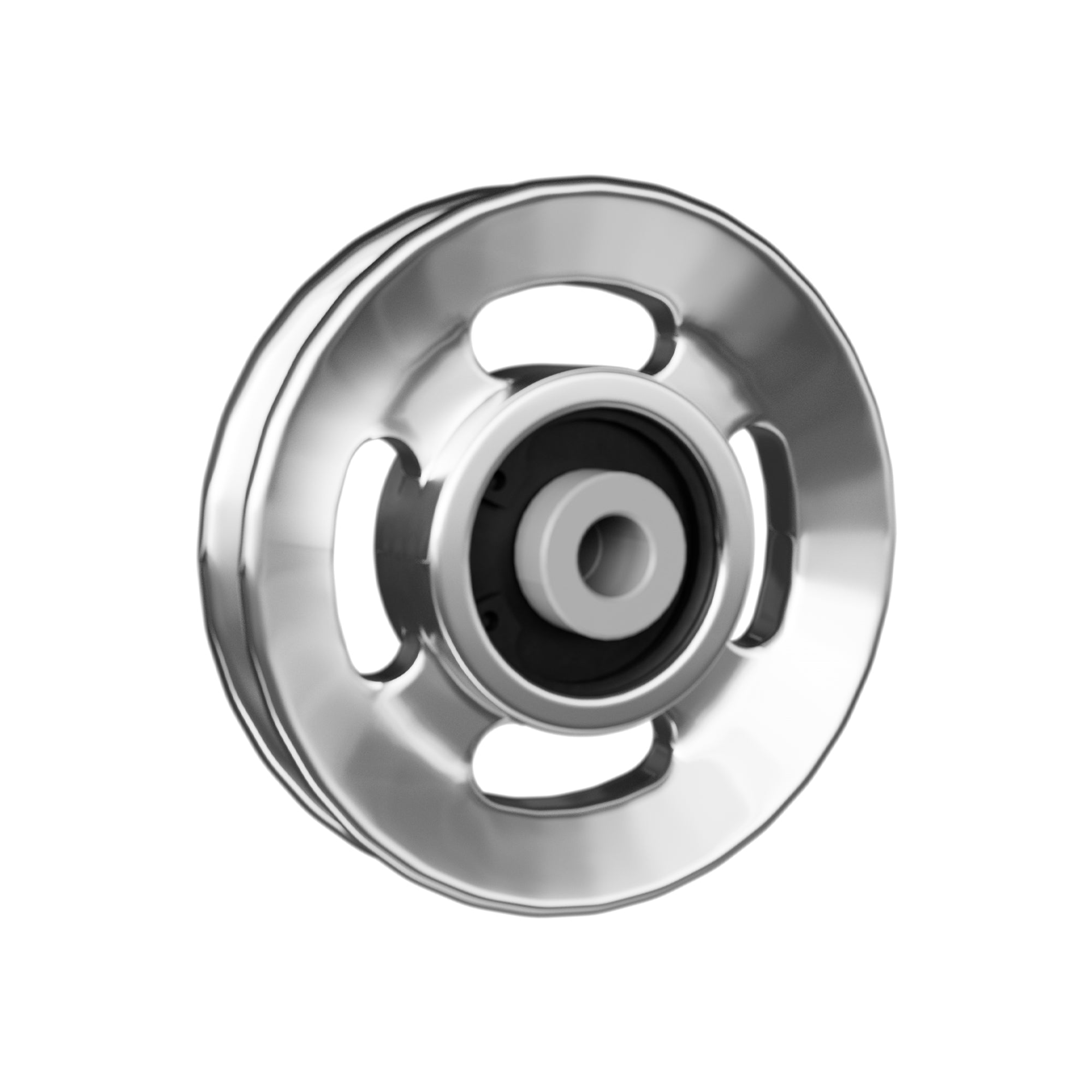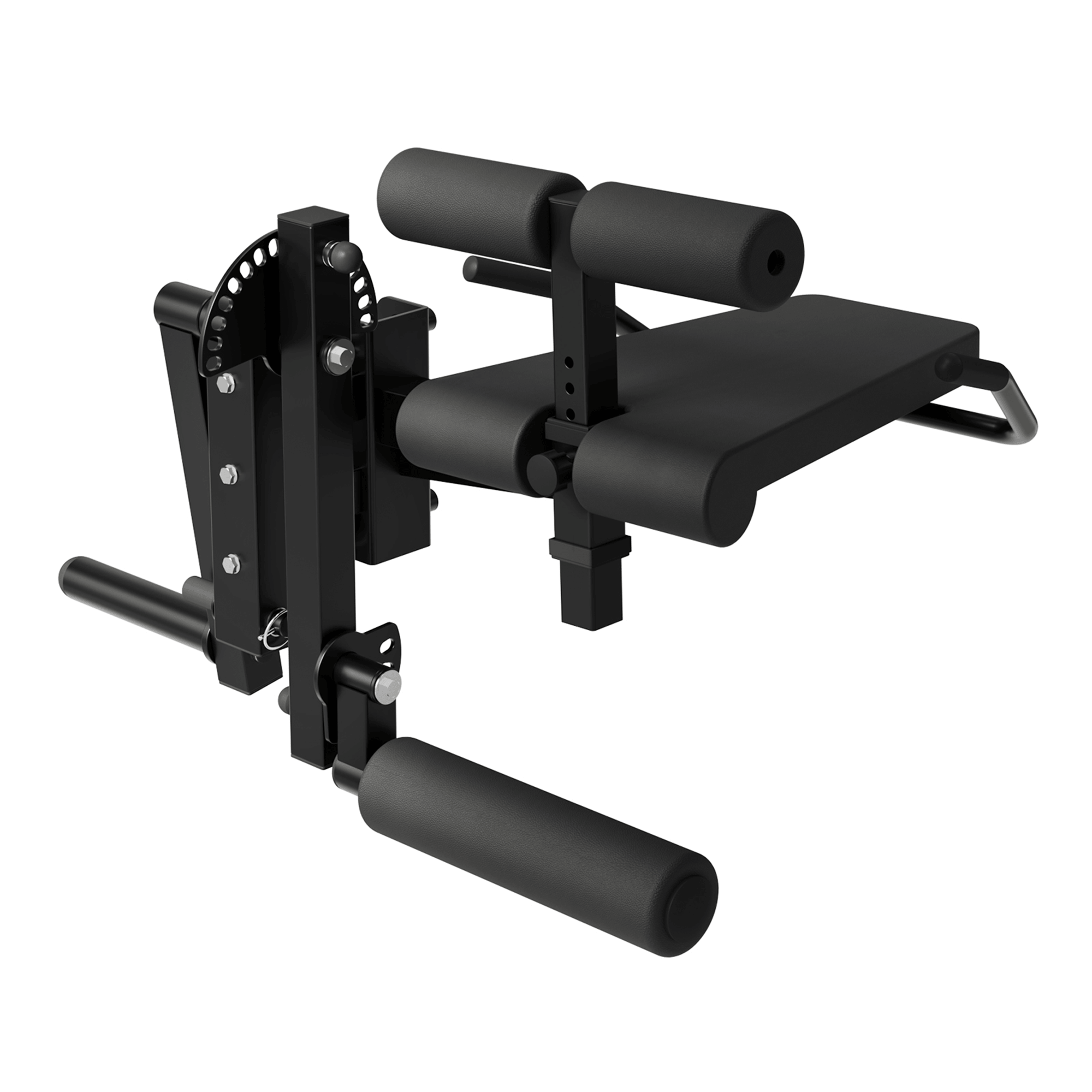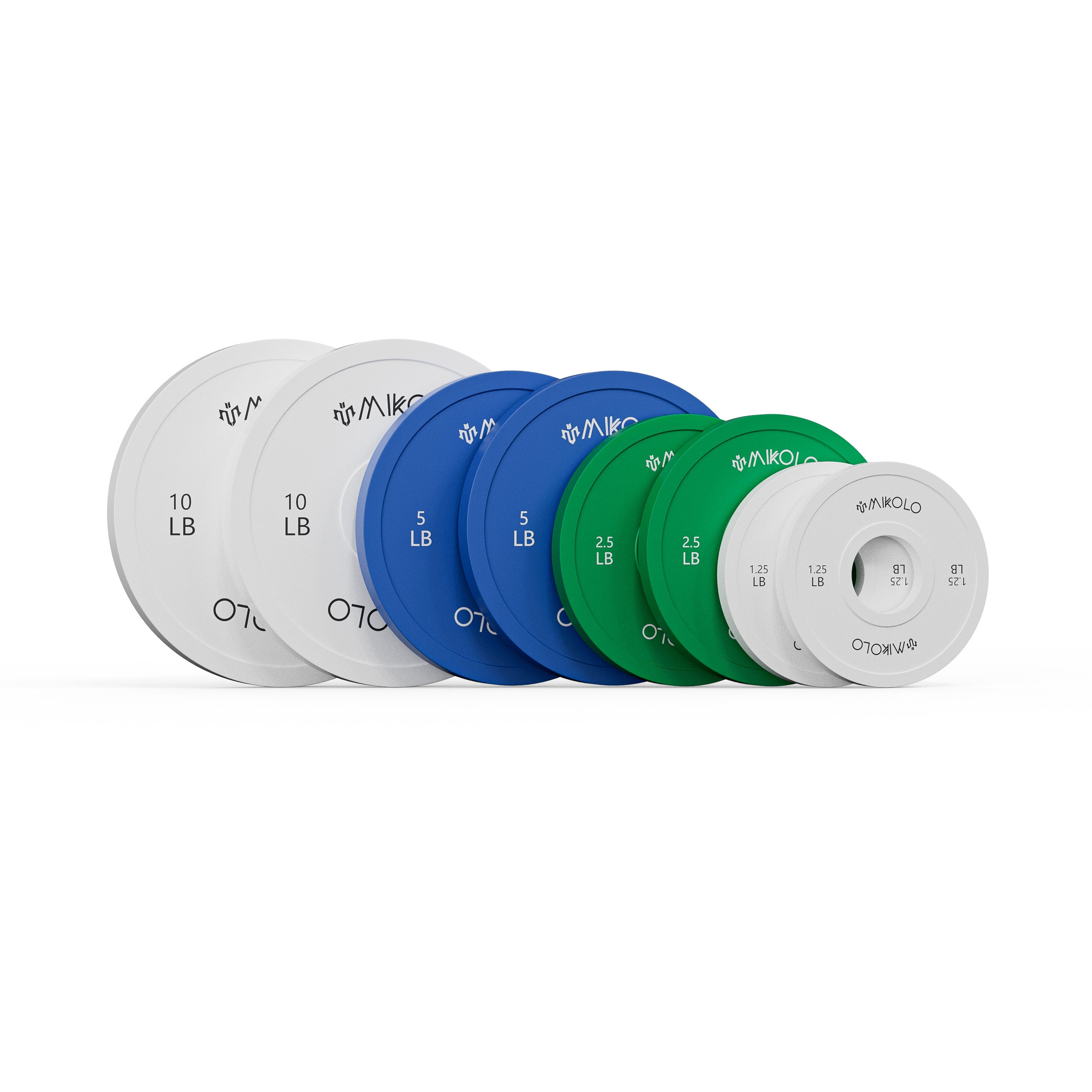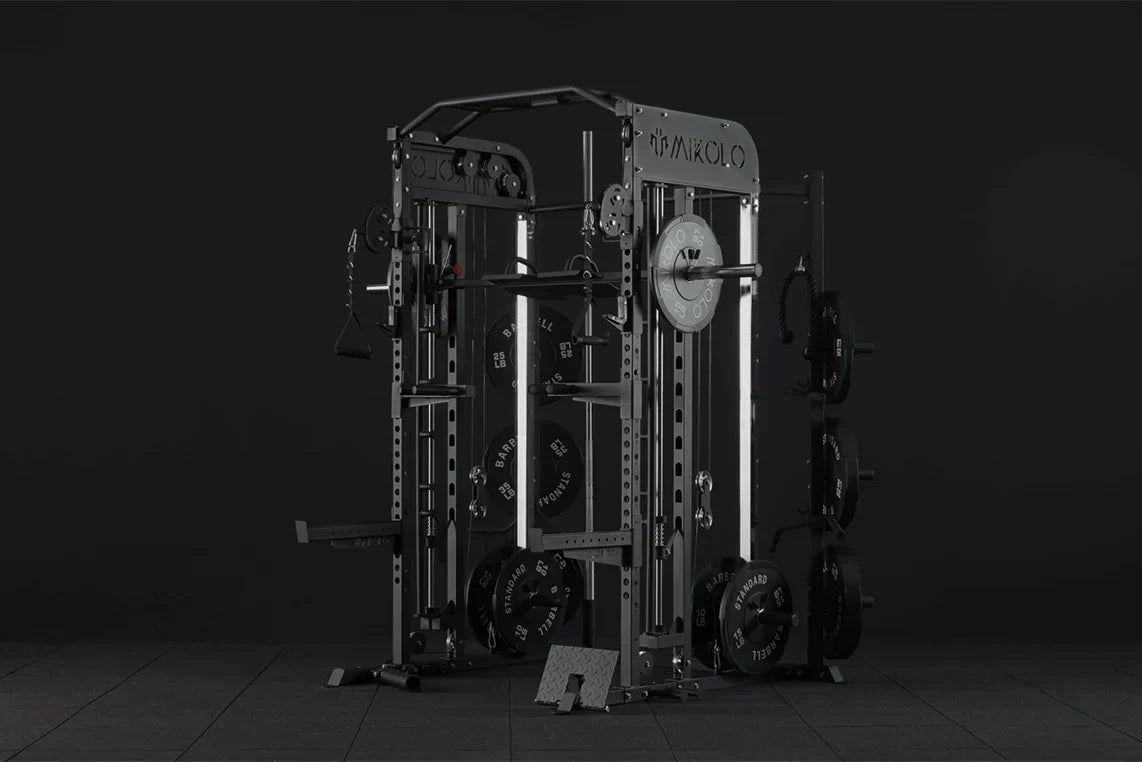Adding resistance bands to your bench press or chest press routine isn’t just a trend—it’s a powerful way to unlock strength, explosiveness, and joint-friendly progress. Whether you’re a seasoned lifter or training at home with minimal equipment, banded presses can dramatically improve your chest workouts.
What Is a Banded Bench Press?
The banded bench press involves attaching resistance bands to a barbell or using them as the primary source of resistance in a bodyweight or dumbbell press. The key benefit is variable resistance: the tension increases as you press through the top of the movement, challenging your muscles through their full range of motion.
This method mimics the natural strength curve of the chest—harder at the top, easier at the bottom—and helps develop speed and power, especially beneficial for athletes and powerlifters.
Types of Chest Presses with Bands
Here are the most effective variations, whether you're using a bench, dumbbells, or simply a resistance band:
1. Band Chest Press (Standing or Lying)
Use a looped or tube band anchored behind you. Press the handles or ends forward like a traditional dumbbell or machine chest press. Great for travel workouts or rehab.
2. Resistance Band Bench Press
Secure bands under the bench or around heavy dumbbells on each side. Loop them over a barbell to add tension as you press. This turns your regular bench press into a power-building move.
3. Bench Press with Bands Only
No barbell required—simply anchor bands under the bench and press from a lying position. Adjust band thickness for intensity.
4. Standing Resistance Band Chest Press
Anchor the band to a door or pole. Step forward and press, keeping tension throughout. This engages your core and stabilizers more than a seated version.
5. Dumbbell + Resistance Band Press
Loop bands under the bench and hold dumbbells in hand. You’ll feel added resistance at the top of each press, making lightweight dumbbells feel much heavier.
Benefits of Chest Pressing with Bands
-
Improved Lockout Strength: Great for lifters who struggle at the top of a bench press.
-
Joint-Friendly Resistance: Band tension is gentle at the bottom of the lift, reducing strain on shoulders and elbows.
-
Explosive Power: Bands build speed and acceleration, making them ideal for sports and powerlifting.
-
Portable Chest Workouts: You can get a complete upper body pump with just a resistance band—no gym needed.
Setting Up the Banded Bench Press
For Barbell Presses:
-
Use heavy dumbbells or band pegs to anchor the bands on both sides of the bench.
-
Loop bands over the ends of the barbell.
-
Make sure the bands are equal in length and tension to avoid imbalance.
For Band-Only or Dumbbell Setups:
-
Anchor the bands under your back or the bench legs.
-
Lie flat and grip the bands or dumbbells.
-
Press with control, focusing on full range and tension.
Programming Tips
-
Strength Focus: 3–5 sets of 3–6 reps with heavy bands + barbell.
-
Hypertrophy Focus: 3–4 sets of 8–12 reps with medium band resistance.
-
Speed Work: Light barbell + bands, 6–8 sets of 3 explosive reps.
You can also finish your workout with resistance band chest presses as a burnout or superset.
Common Questions
Q: Can bands replace weights completely?
A: They can’t fully replicate the mechanical load of heavy iron, but for endurance, hypertrophy, and rehab, they’re extremely effective—especially when used creatively.
Q: Why do powerlifters use bands for bench press?
A: To build lockout strength, improve bar speed, and develop better control throughout the press.
Q: What band should I use?
A: Start with light or medium resistance bands (15–35 lbs tension). For advanced lifters, thicker bands can add 50–100+ lbs of resistance at the top.
Final Thoughts
Whether you're training at home or looking to break through a plateau in your barbell bench, adding resistance bands to your chest pressing routine offers incredible variety and functional gains. The banded bench press and its many variations are more than a gimmick—they’re a modern staple for anyone serious about upper body strength.













































Leave a comment
This site is protected by hCaptcha and the hCaptcha Privacy Policy and Terms of Service apply.